Can Islam Be French?
Princeton Studies in Muslim Politics
DALE F. EICKELMAN AND AUGUSTUS RICHARD NORTON, EDITORS
Diane Singerman, Avenues of Participation: Family, Politics, and Networks in Urban Quarters of Cairo
Tone Bringa, Being Muslim the Bosnian Way: Identity and Community in a Central Bosnian Village
Dale F. Eickelman and James Piscatori, Muslim Politics
Bruce B. Lawrence, Shattering the Myth: Islam beyond Violence
Ziba Mir-Hosseini, Islam and Gender: The Religious Debate in Contemporary Iran
Robert W. Hefner, Civil Islam: Muslims and Democratization in Indonesia
Muhammad Qasim Zaman, The Ulama in Contemporary Islam: Custodians of Change
Michael G. Peletz, Islamic Modern: Religious Courts and Cultural Politics in Malaysia
Oskar Verkaaik, Migrants and Militants: Fun and Urban Violence in Pakistan
Laetitia Bucaille, Growing up Palestinian: Israeli Occupation and the Intifada Generation
Robert W. Hefner, editor, Remaking Muslim Politics: Pluralism, Contestation, Democratization
Lara Deeb, An Enchanted Modern: Gender and Public Piety in Shi i Lebanon
i Lebanon
Roxanne L. Euben, Journeys to the Other Shore: Muslim and Western Travelers in Search of Knowledge
Robert W. Hefner and Muhammad Qasim Zaman, eds., Schooling Islam: The Culture and Politics of Modern Muslim Education
Loren D. Lybarger, Identity and Religion in Palestine: The Struggle between Islamism and Secularism in the Occupied Territories
Bruce K. Rutherford, Egypt after Mubarak: Liberalism, Islam, and Democracy in the Arab World
Emile Nakhleh, A Necessary Engagement: Reinventing Americas Relations with the Muslim World
Roxanne L. Euben and Muhammad Qasim Zaman, Princeton Readings in Islamist Thought: Texts and Contexts from al-Banna to Bin Laden
Irfan Ahmad, Islamism and Democracy in India: The Transformation of Jamaat-e-Islami
Kristen Ghodsee, Muslim Lives in Eastern Europe: Gender, Ethnicity, and the Transformation of Islam in Postsocialist Bulgaria
John R. Bowen, Can Islam Be French? Pluralism and Pragmatism in a Secularist State
Thomas Barfield, Afghanistan: A Cultural and Political History
Emile Nakhleh, A Necessary Engagement: Reinventing Americas Relations with the Muslim World
Sara Roy, Hamas and Civil Society in Gaza: Engaging the Islamist Social Sector
Michael Laffan, The Makings of Indonesian Islam: Orientalism and the Narration of a Sufi Past
Jonathan Laurence, The Emancipation of Europes Muslims: The States Role in Minority Integration
Can Islam Be French?
PLURALISM AND PRAGMATISM
IN A SECULARIST STATE
John R. Bowen

Copyright 2010 by Princeton University Press
Published by Princeton University Press, 41 William Street, Princeton, New Jersey 08540 In the United Kingdom: Princeton University Press, 6 Oxford Street, Woodstock, Oxfordshire OX20 1TW press.princeton.edu
All Rights Reserved
Third printing, and first paperback printing, 2012
Paperback ISBN 978-0-691-15249-3
The Library of Congress has cataloged the cloth edition of this book as follows
Bowen, John Richard, 1951
Can Islam be French? : pluralism and pragmatism in a secularist state / John R. Bowen.
p. cm. (Princeton studies in Muslim politics)
Includes bibliographical references and index.
ISBN 978-0-691-13283-9 (hardcover : alk. paper) 1. MuslimsFrance. 2. IslamFrance. 3. Islam and politicsFrance. I. Title.
DC34.5.M87B68 2009
305.6'970944dc22 2009004645
British Library Cataloging-in-Publication Data is available
This book has been composed in Sabon
Printed on acid-free paper.
Printed in the United States of America
10 9 8 7 6 5 4 3
To Vicki, Jeff, and Greg
Contents
Acknowledgments
I HAVE BEEN WORKING in France since 2000 and have developed close working relationships, and friendships, with many colleagues. Among those from whose example, writings, or comments I have benefited in writing this book are Valrie Amiraux, Jean Baubrot, Christophe Bertossi, Martin van Bruinessen, Jocelyne Cesari, Jacques Commaille, Jan Willem Duyvendak, Claire de Galembert, David Gellner, Ralph Grillo, Nacira Gunif-Souilamas, Christophe Jaffrelot, Baber Johansen, Riva Kastoryano, Gilles Kepel, Farhad Khosrokhavar, Jack Knight, Michle Lamont, Marie McAndrew, Ian McMullen, Franoise Lorcerie, Tariq Modood, Franoise and Jol Monger, Olivier Roy, Patrick Simon, Patrick Weil, Jean-Paul Willaime, and Malika Zeghal. Younger scholars and students often provide the most important new insights, and in my case they include Alexandre Caeiro, Yolande Jansen, and Marcel Maussen. For his critical and encouraging eye, I thank Fred Appel at Princeton University Press and his colleagues Natalie Baan and Marjorie Pannell, who expertly steered the book through production and copy editing. It is from those engaged in teaching Islam that I have learned the most; many are mentioned in the book, but here I must underscore my personal gratitude to Hichem El Arafa, Sad Branine, Chokri Hammrouni, Larbi Kechat, Dhaou Meskine, and Samia Touati for guiding my way to a better understanding of their knowledge and their challenges.
As before, I must single out Martine and Robert Bentaboulet, whose continued hospitality, lively discussions, and convivial repasts have made my time in Paris more like real fieldworkfor, as many in anthropology know, fieldwork is as much about discovering new friendships as it is about discovering new truths.
But if one holds down a day job and a day life, long-term fieldwork of the sort pursued here requires frequent travel. For making my trips financially possible I thank Washington University and the benefactors of my chair, Georgia Dunbar-Van Cleve and her late husband, Bill Van Cleve, along with generous support from the Carnegie Corporation; for making them humanly possible I thank my family, to whom the book is dedicated.
PART ONE
Trajectories
CHAPTER ONE
Islam and the Republic
MY TITLE, of course, rests on an indefensible premise. Islam cannot be exclusively French any more than it can be American or Egyptian, because its claims are universal. Although inflected and shaped by national or regional values, Islam, like Catholicism and Judaism, rests on traditions that cross political boundaries.
Let me try another way to understand the question: Can Islam become a generally accepted part of the French social landscape? Of course, it will not have the background status of Catholicism anytime soonParisians may not notice a cross or a church; they certainly notice a headscarf or a minaret. But could it become acceptedmore or less grudgingly, more or less intuitivelyas one among many normal components of the normal social world? Quick off the mark there are signs that suggest yes, perhaps, and others that indicate no, maybe not.
Among the positive signs: A 2006 survey found that French people as a whole think Islam can fit into France. When asked if there is a conflict between being a devout Muslim and living in a modern society, 74 percent of all French people said no, there was not. Only about half as many other Europeans or Americans deny such a conflict. Indeed, French people are more positive about modern Islam than are people in Indonesia, Jordan, or Egypt! This positive answer may be related to an equally hopeful finding of the survey: French Muslims are about as likely to emphasize their national identity over their religious one as are U.S. Christiansand they are much more likely to do so than are other European Muslims. So, at least when talking to pollsters, goodly numbers of French Muslims and non-Muslims seem to think that Islam could be French.


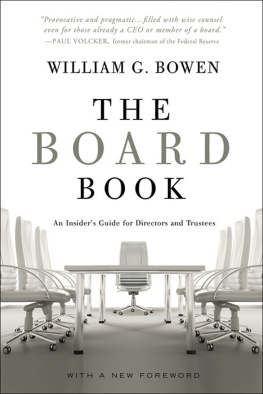
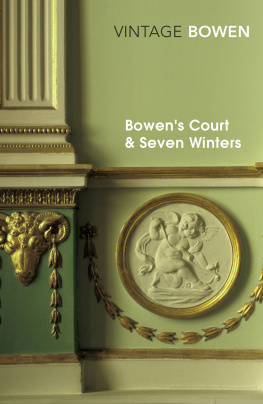
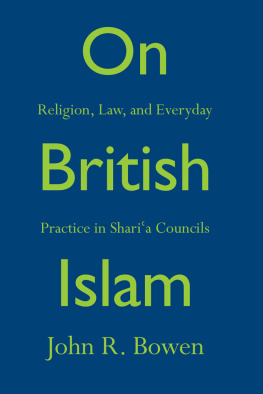
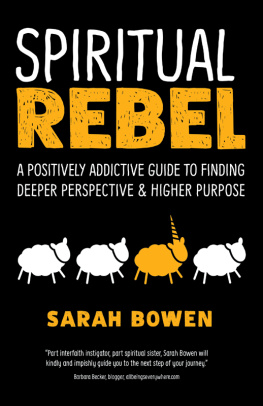

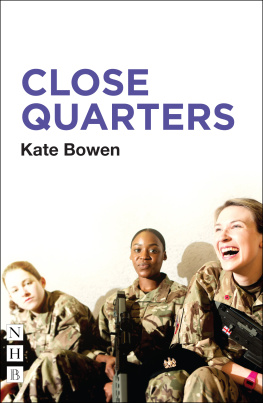
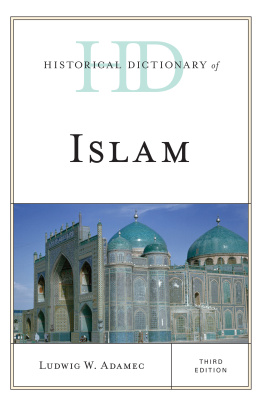
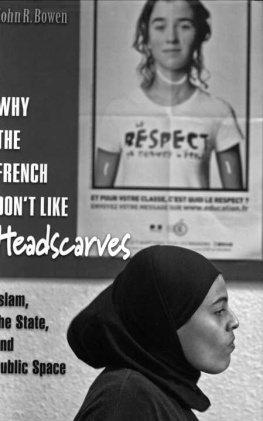
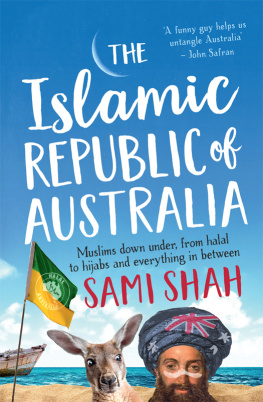
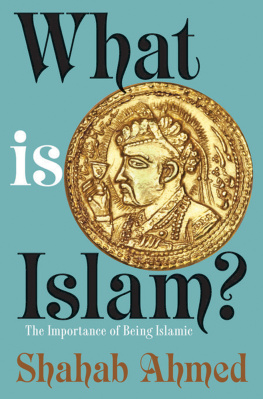
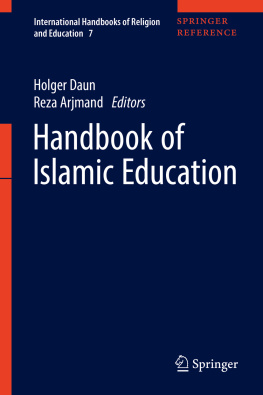
 i Lebanon
i Lebanon